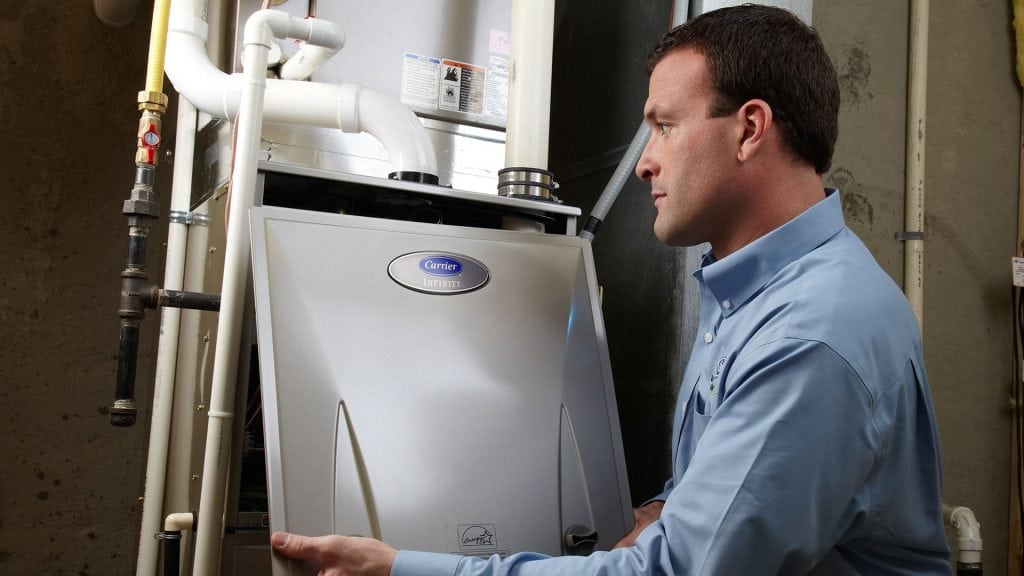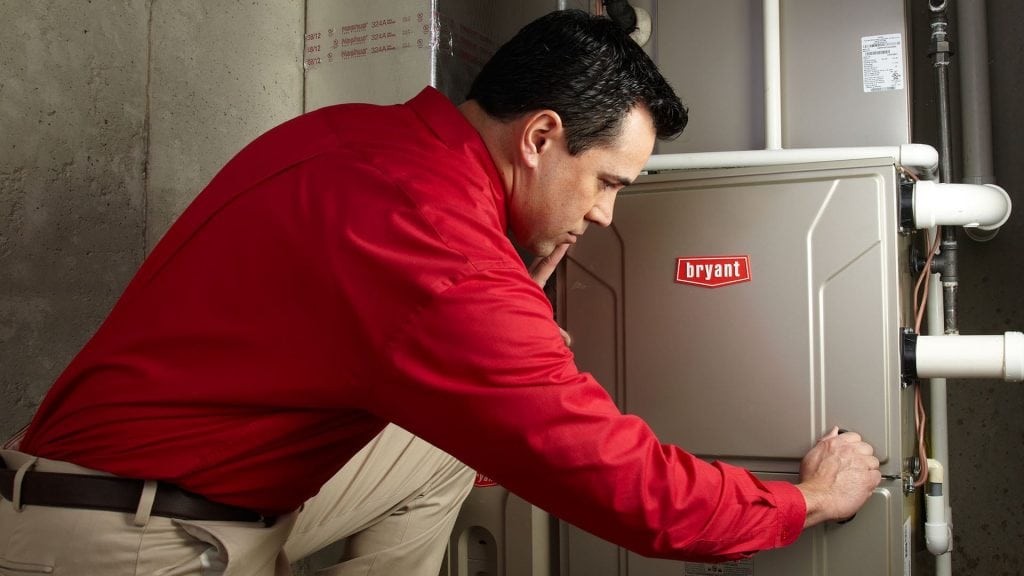As residents of the Southeastern part of the USA, we are accustomed to dealing with long periods of hot and humid weather. Oftentimes our sleep can suffer when our indoor temperature and humidity levels are off. These comfort levels can definitely impact your sleep quality. This article will not only explain how it affects your sleep, but we will also provide you with some general bedroom humidity and bedroom temperature guidelines to follow.
How Temperature Affects Sleep
The temperature of your room can certainly impact your sleep. Your body needs to cool down before it can achieve it’s set point for sleep. If your room is way too hot or cold, your body will have a difficult time reaching its ideal sleep temperature, making you restless throughout the night. Managing your ideal room temperature is crucial to having a good night’s sleep.
How Humidity Affects Sleep
Room humidity also plays a role in sleep quality. When your room is too humid, it becomes difficult for moisture to evaporate off your body. This causes you to become hot, sweaty, and generally uncomfortable. In addition, high levels of humidity can also aid in mold growth; which will also decrease the air quality in your bedroom.
On the other hand, rooms that are too dry can also negatively impact your sleep. When the humidity level is too low, it can dry out your skin, nasal passages, and throat, making it difficult to fall asleep.
Best Temperature and Humidity Level for Sleep
• Best Temperature for Sleep – The National Sleep Foundation suggests that 65 degrees is the ideal sleeping comfort level.
• Best Humidity Level for Sleep – We suggest keeping your bedroom as close to 45% humidity as possible.
Both room temperature and humidity level play an important role in sleep quality. If your room is too hot (or too cold) or the humidity level is off, you will most likely be in-store for a restless night. Homeowners can take control over their bedroom’s humidity and temperature levels by leveraging their thermostat and by purchasing a dehumidifier (or humidifier for winter).
The best way to control your indoor sleeping comfort setting is by installing variable speed inverter technology heating and air conditioning systems. Let us help you
find a professional near you.




